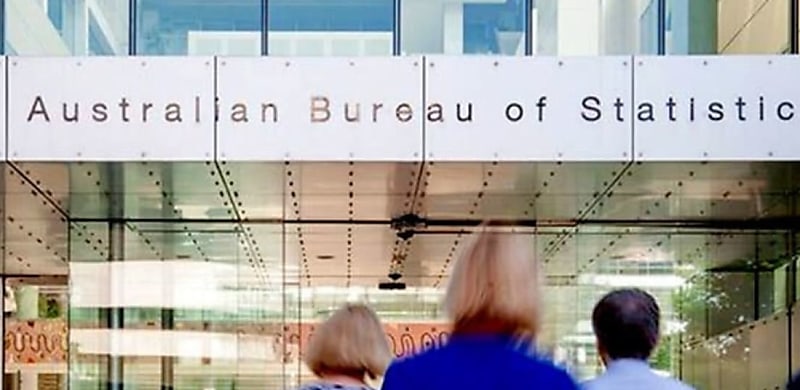
Aussie businesses have had to cut back on innovation activity in the wake of mounting economic pressures, recent data has found.
Data released by the Australian Bureau of Statistics (ABS) on Innovation in Australian Business revealed that 46 per cent of businesses reported a decline in innovation activity in the two years to 30 June 2023.
This was down from the 52 per cent in the two years to 30 June 2021, according to the ABS.
Commenting on the data, managing director of Capspace, Tim Keith, said the “sombre statistics” revealed that businesses have had to cut innovation activity in the face of economic pressures such as increased costs and a lack of access to funding from the big banks.
“Economic constraints such as high inflation and restrictions on getting finance are inhibiting Australian businesses from innovating, with 19 per cent of businesses citing a lack of access to additional funds as being an obstacle to innovation,” Keith said.
“This was closely followed by challenges related to the availability of skilled workers in the broader job market (16 per cent) and within their own organisations (14 per cent).”
Keith further stated that “innovation is a major driver of business growth”, although many companies (particularly start-ups and small businesses) can face barriers such as a “lack of funding or technical expertise, when trying to access research and development (R&D) to explore new opportunities”.
“Big banks too are less likely to fund innovation than private lenders, which raises the importance of private credit in funding innovation,” he said.
The data from the ABS revealed that smaller businesses derived a large portion of their income from new or improved goods, with 8 per cent earning three-quarters or more from innovations.
SME cash reserves dwindle
These findings come as research commissioned by SME lender Prospa found that 22 per cent of SME owners surveyed indicated no cash reserves left in their businesses, with 18 per cent being reliant on less than a month’s worth of expenses.
A further 21 per cent predicted they would run out of cash reserves in a matter of one to two months.
Commenting on the findings, Prospa’s general manager of sales & partnerships Roberto Sanz said: “In today’s macro-economic climate where small businesses have little to no cash reserves, gaining fast access to additional funding can be critical to ensuring business continuity and success.
“However, many small-business owners may feel their eligibility for finances is becoming increasingly complex.”
[RELATED: Over 1 in 5 SMEs have no cash reserves left: Report]

